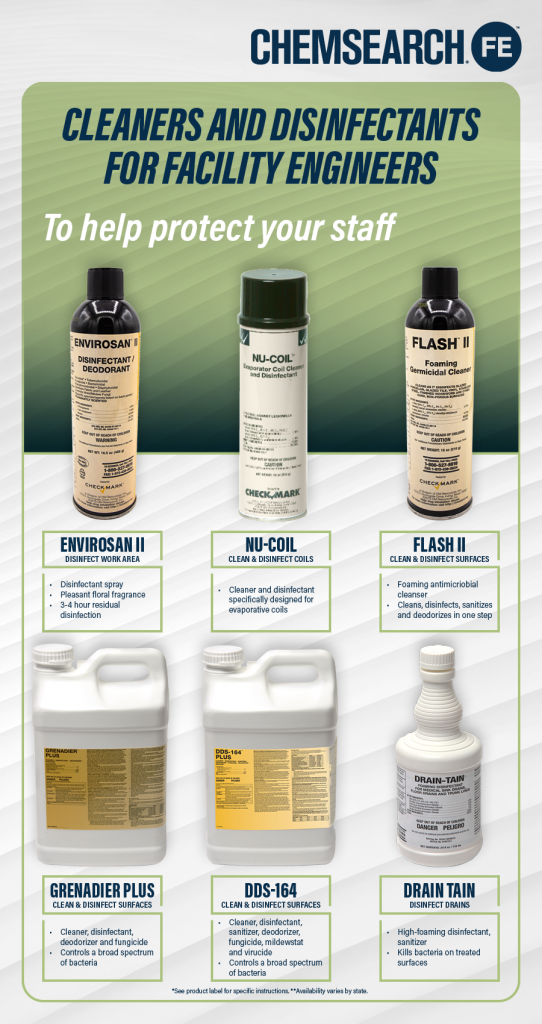COVID-19 Novel coronavirus (2019-nCoV) is a new strain of coronavirus that had not been previously identified in humans. It was first reported from Wuhan, China, on December 31, 2019. Coronaviruses are a large family of viruses that cause illness ranging from the common cold to more severe diseases. Examples of coronaviruses include Middle East Respiratory Syndrome (MERS – first reported in 2012) and Severe Acute Respiratory Syndrome (SARS – first reported in 2002).
Below is some of the latest information from the CDC about how COVID-19 can spread:
- Breathing in air when close to an infected person who is exhaling small droplets and particles that contain the virus.
- Having these small droplets and particles that contain virus land on the eyes, nose, or mouth, especially through splashes and sprays like a cough or sneeze.
- Touching eyes, nose, or mouth with hands that have the virus on them.
What is the CDC‘s advice for the public?
Clean your hands often
- Wash your hands often with soap and water for at least 20 seconds especially after you have been in a public place, or after blowing your nose, coughing, or sneezing.
- If soap and water are not readily available, use a hand sanitizer that contains at least 60% alcohol. Cover all surfaces of your hands and rub them together until they feel dry.
- Avoid touching your eyes, nose, and mouth with unwashed hands.
Avoid close contact
- Avoid close contact with people who are sick
- Put distance between yourself and other people if COVID-19 is spreading in your community.
Stay home if you’re sick
- Stay home if you are sick, except to get medical care.
Cover coughs and sneezes
- Cover your mouth and nose with a tissue when you cough or sneeze or use the inside of your elbow.
- Throw used tissues in the trash.
- Immediately wash your hands with soap and water for at least 20 seconds. If soap and water are not readily available, clean your hands with a hand sanitizer that contains at least 60% alcohol.
Clean and disinfect
- Clean AND disinfect frequently touched surfaces daily. This includes tables, doorknobs, light switches, countertops, handles, desks, phones, keyboards, toilets, faucets, and sinks.
- If surfaces are dirty, clean them: Use detergent or soap and water prior to disinfection.
HOW CAN CHEMSEARCH FE HELP?
From the information listed, maintaining good basic hygiene and having good procedures in place is a key message. For example, washing hands frequently with alcohol-based hand rub or hand cleaner and water. Cleaning hard surfaces (e.g. door handles) frequently. Therefore, high standards of hand hygiene and surface disinfection are paramount for helping to prevent the contraction and spread of the virus. The following products can be used to help maintain high standards of hand hygiene and surface cleanliness:
Specialty Disinfectants
- Drain Tain – Foaming Drain Sanitizer
- Nu Coil – Evaporator Coil Cleaner and Disinfectant
Surface Disinfectants
- Envirosan II Aerosol – Multi-Purpose Disinfectant & Deodorant
- Flash II Aerosol – Foaming Antimicrobial Cleaner
- Grenadier Plus – Multi-Purpose Disinfectant & Deodorant
- DDS-164 Plus – Cleaner, Disinfectant, & Deodorant
General Surface and Hand Cleaner
- Industro Hand Sanitizer Gel – Hand Sanitizer
- Aloe Derm – Hand Soap
- Whip-It Wipes – Industrial Hand Wipes
- Swoop EF – Liquid Concentrated Skin Cleaner and Conditioner
- Citron Extra II – Industrial Strength Waterless Hand Cleaner
- Gold Rush – Heavy Duty Hand Soap with Grit
- Tuf-Grit II – Heavy Duty Hand Cleaner with Grit
- Cherry Blitz – Heavy Duty Pumice Hand Cleaner
- Cherry Blitz Wipes – Multi-Purpose Industrial Towels
Please click here if you are interested in receiving more information about any of the listed products.





